In 2020, it’s all about being realistic, kind to the planet and diet-inclusive when it comes to how we cook, eat and enjoy our food. Forget negativity and hard-to-maintain habits, these food and healthy eating experts want to see a positive, choice-based and attainable shift in the way we approach meals and beverages. They’re sharing the unsavoury habits they’d like to see vanish from, and the good-for-you ones they’d like to see added to, the plates of home cooks, diners, restaurants and food companies for a healthy, happy and delicious new year.
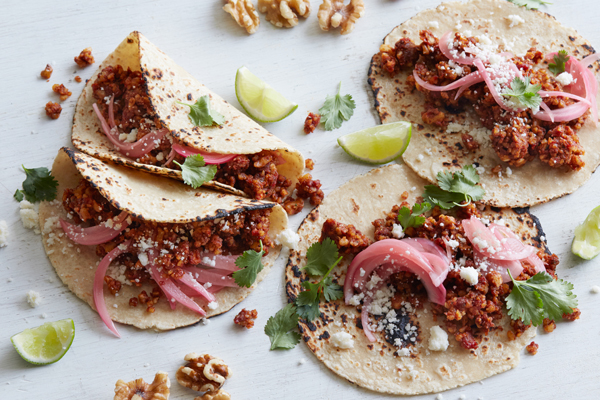
Release Restrictive Eating Patterns
Aimée Wimbush-Bourque, award-winning Canadian food writer and bestselling author, shares, “Any love of cooking is driven by a love of eating, but when so many restrictions are put on food because of diet culture, it can suck the joy out of cooking and mealtime. In 2020, can we all please remind ourselves that moderation is the key? It really is that simple. And if you must make a resolution, then resolve to waste less food, eat seasonally and make meatless meals mainstream.”
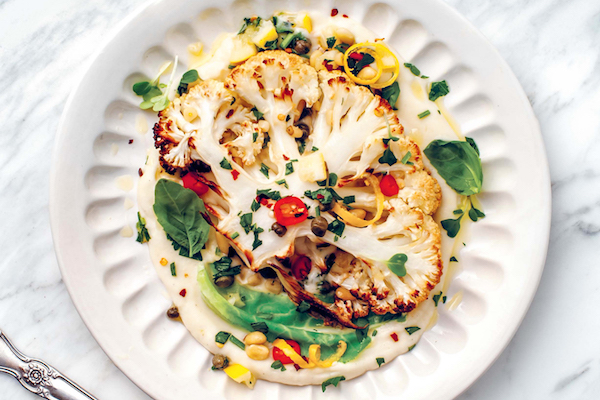
Don’t Demonize Real Food
Desiree Nielsen, registered dietitian and author of the cookbook Eat More Plants, offers, “My wish for 2020 is that we finally ditch the demonization of real food. Whether it’s gluten, carbs or lectins, our fear of real food leads us to make less healthful choices that zap our energy and keep us feeling unwell. One of the most transformative things we can do for our health as the New Year rises is to reduce our intake of hyper-processed foods – which by one estimate contributes 57% of our daily caloric intake – and start cooking at home with healthy high-fibre plants like beans, vegetables and seeds.”
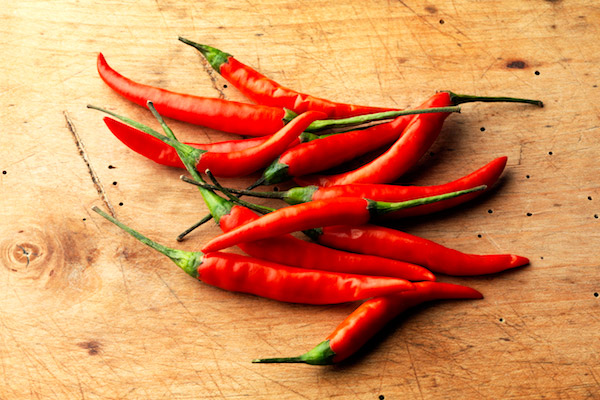
Ditch the Plastic
With food waste at an all-time high and environmental health at the top of our minds, Christine Tizzard also discusses her disdain for “produce wrapped or packaged in plastic. Especially small items like Thai chilies, where I only need to buy one or two but I am forced to buy 20 (which most of us I think will agree, won’t get used and end up tossed) wrapped in plastic on a black plastic container that cannot be recycled. It makes no sense. Just let me buy my two Thai chilies, please.”
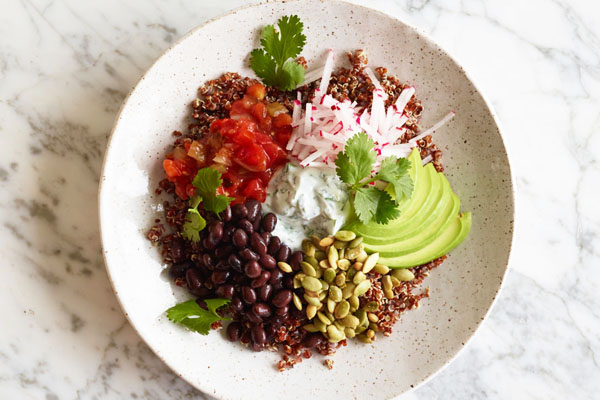
Become Friends with (Simple!) Meal Prep
Allison Day, author of Modern Lunch, asks to “stop last-minute cooking every day and start meal prepping, which influences how well we eat all week. Not planning and prepping ahead, even for one meal, like lunch, means I’m unlikely to have a satisfying, nourishing meal that will carry me through the afternoon – and I know I’m not alone. Meal prepping doesn’t need to be complicated, just a few staple recipes (like roasted sweet potatoes and hard-boiled eggs) can be used to round out a leftover grain from last night.”
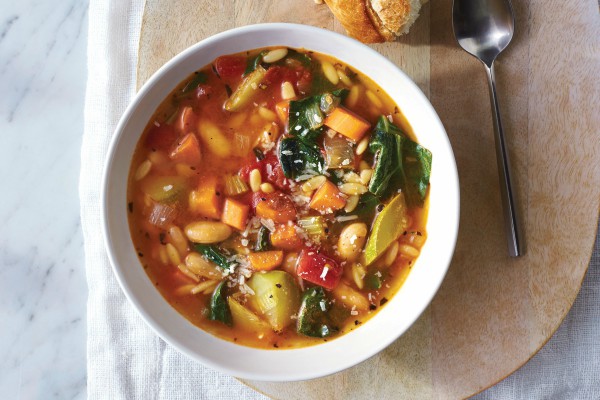
Eat More, Not Less
“Rather than focusing on what you leave off your plate – gluten, carbs or fat – start thinking about what you put on it. Your body needs actual nutrients such as zinc for a healthy immune system, omega-3s to fight inflammation and magnesium to soothe your nervous system. So try to put more nutrient-dense plant foods on your plate, including ones we tend to skip, such as vegetables, beans and seeds like hemp seeds or chia. Taking a positive, additive approach to healthy eating will help you avoid the deprivation-guilt-binge diet cycle and put you on the path to actually feeling good,” says Desiree Nielsen, registered dietitian and author.
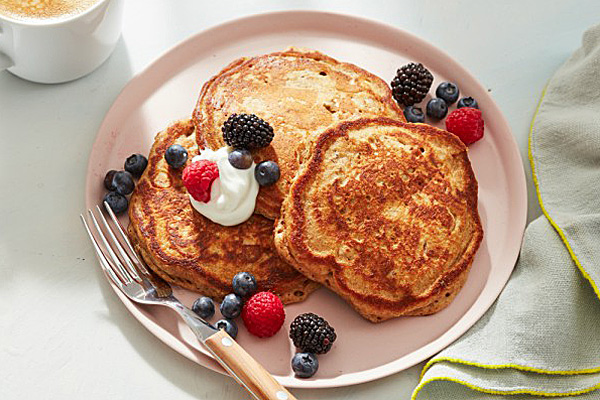
Be Done with Food Shaming Your Good Intentions
Meredith Youngson, the recipe developer and nutritionist behind Earth & Oven, has a couple of eating habits she’d like to see ditched in 2020. The first, she says, is “food shaming! Feeding yourself is enough work without the added guilt that you’re not using organic berries in your smoothie or you accidentally bought the peanut butter with hydrogenated oil in it.”
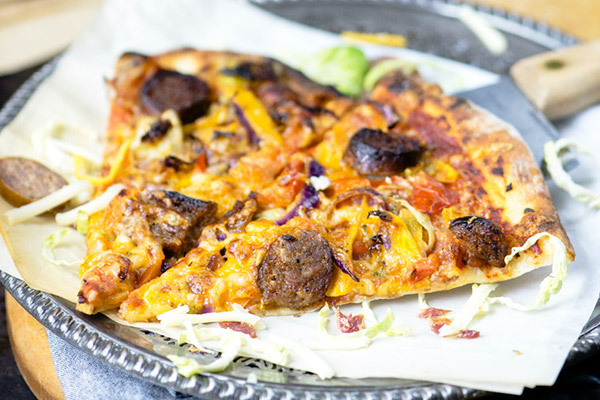
Stop Labelling What You Eat and Start Enjoying It
Another habit Meredith Youngson would like to see bucked is, “an end to the misuse of the word, ‘balance.’ While I love being inspired by healthy foodies on Instagram, it’s a pet peeve of mine to see posts of slices of pizza with a disclaimer ‘#balance’ because they had a smoothie for breakfast and are hitting up bootcamp later. It’s just another sneaky way of food shaming or labelling certain foods as ‘good’ or ‘bad.’”
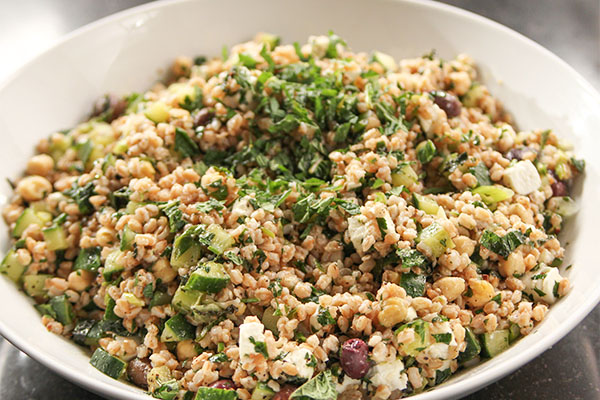
Think Slow-Carb, Not No-Carb
Cutting carbs in 2020 is out – real food is in. Low-carb diets, like all diets, go in and out of fashion, leaving consumers confused, anxious (especially around bread, pasta and rice) and unsure of what doctor-recommended eating actually looks like. The good news: We now have a bit more clarity. A recent study published by health experts, including MDs, has discovered that a diet plentiful in high-fibre whole grains (slow-digesting carbohydrates) decreases one’s risk of Type 2 diabetes, coronary heart disease, stroke and colorectal cancer.
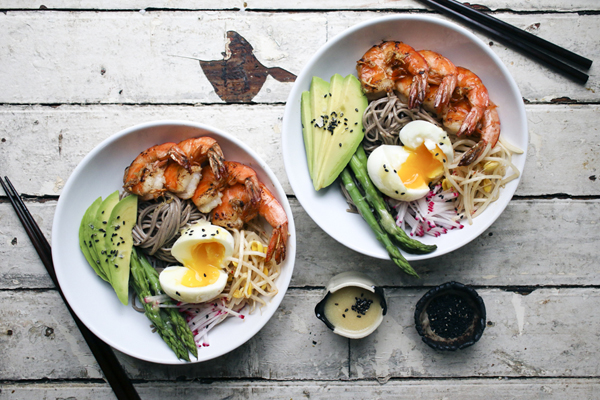
Reject the Diet Mentality
“From keto to paleo and Whole30, everyone seems to be following some form of restrictive eating plan. We know from mountains of scientific evidence, not to mention personal experiences, that diets don’t work in the long run for sustainable weight loss, and yet, so many people continue to fall for their charms and promises of a quick fix. In 2020, I hope to see a backlash against diet culture and the harm that it can do. I expect to see a rise in Intuitive Eating, an approach that focuses on tuning in to hunger and fullness cues and rejecting the diet mentality,” says Emily Kichler, a Registered Dietitian.
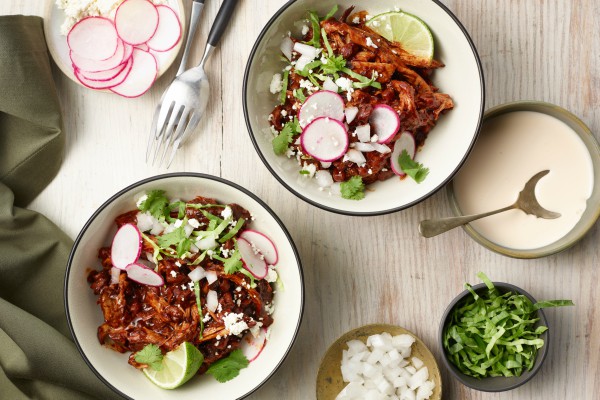
Embrace Modern Digital Cooking Communities
“I gather so many incredible ideas from the free cooking communities I’ve joined on Facebook. These supportive, inclusive groups cover everything from Instant Pot recipes to vegan dessert to baby food ideas, meal prep inspiration and beyond. These groups are free to join, and include a range of home cooks from around the world, all dishing up success, failures, tips and questions. Socializing is an incredibly healthy part of cooking, and I want to see more of this crowd-sourcing and communication, which brings the cooking community together,” says Allison Day.
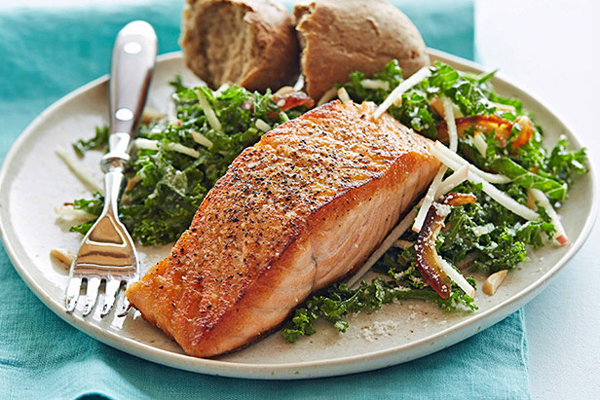
Switch to Sustainable Seafood
It’s now easier than ever to enjoy seafood, and while it’s often a healthy choice, it’s not always planet-friendly one. Tuna, for instance, a fish that appears readily in poke bowls, sandwiches, casseroles and sushi, is now a vulnerable variety. A study published in Fisheries Research shares why: Tuna is being taken from oceans in amounts greater than ever before, and further away from shore. In 2020, researchers are urging you to enjoy good-for-you-fish in a way that respects the environment, and Monteray Bay Aquarium’s Seafood Watch makes this easier than ever.
